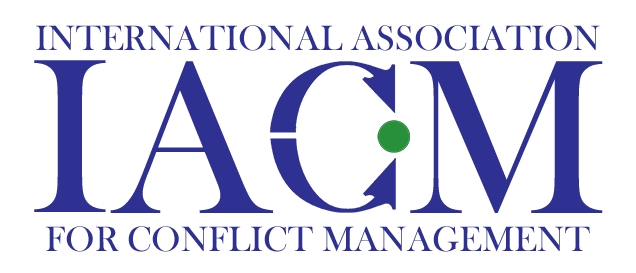Managing Conflict through Communication
Keywords: Conflict, Communication, Conversations
Abstract: When do we decide to communicate, and what do we decide to say? This symposium on conflict and communication will illustrate several sub-optimal conversation phenomena, including hiding success, unwillingness to ask sensitive questions, and over apologizing. It will also highlight potential avenues for improving conversations, including increasing the frequency of pauses and the amount of silence, and keeping underlying tensions under wraps in situations where teams are highly aligned. Attendees will come away with a more nuanced understanding of why many common conversational strategies often fail to leave a good impression on others, and how to improve conversations—especially in times of conflict.
Nicole Abi-Esber, Harvard University
nabiesber@hbs.edu
Einav Hart, University of Pennsylvania
einav@sas.upenn.edu
Annabelle Roberts, University of Chicago
arobert5@chicagobooth.edu
Emma Levine, University of Chicago
emma.levine@chicagobooth.edu
Ovul Sezer, University of North Carolina, Chapel Hill
osezer@unc.edu
Eric VanEpps, University of Utah
eric.vanepps@eccles.utah.edu
Maurice Schweitzer, University of Pennsylvania
schweitzer@wharton.upenn.edu
Grant Donnelly, Ohio State University
donnelly.177@osu.edu
Alison Wood Brooks, Harvard University
awbrooks@hbs.edu
Lindred Greer, Stanford University
lgreer@stanford.edu
Alisa Yu, Stanford University
alisay@stanford.edu
Preeti Srinavasan, Stanford University
preeti23@stanford.edu
Jared Curhan, Massachusetts Institute of Technology
curhan@mit.edu
Jennifer Overbeck, Melbourne Business School
j.overbeck@mbs.edu
Yeri Cho, University of La Verne
ycho@laverne.edu
Teng Zhang, Penn State Harrisburg
teng.zhang@eccles.utah.edu
Yu Yang, Shanghai Tech University
connect2yu@gmail.com
